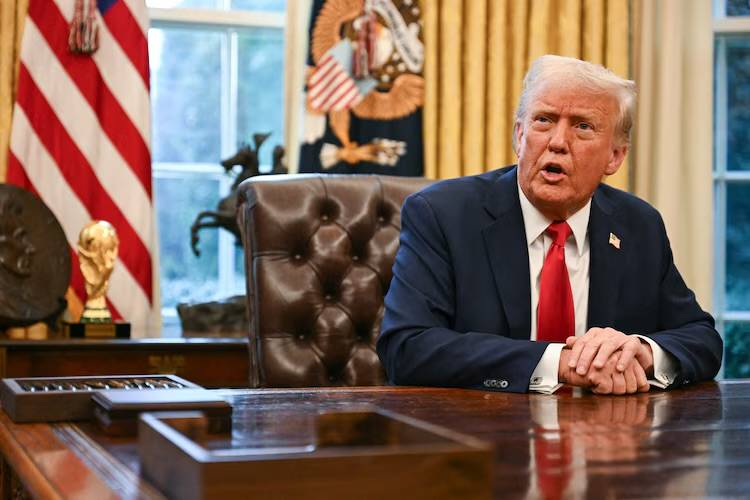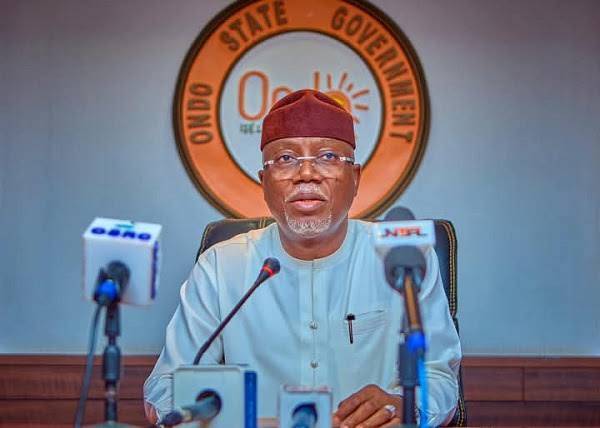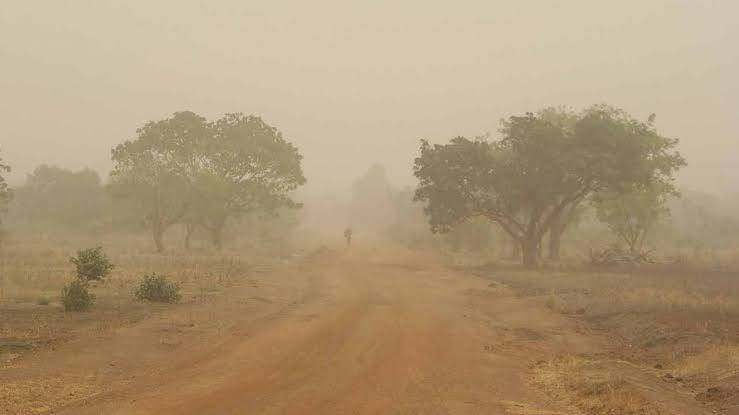A federal judge in Maryland has issued a nationwide preliminary injunction against President Donald Trump’s executive order aimed at ending birthright citizenship.
U.S. District Judge Deborah Boardman heard arguments Wednesday over a request by five pregnant undocumented women to block Trump’s Day-1 executive order seeking to redefine the meaning of the 14th Amendment to exclude the children of undocumented immigrants from birthright citizenship.
“The denial of the precious right to citizenship will cause irreparable harm,” Judge Boardman said in handing down her order. “It has been said the right to U.S. citizenship is a right no less precious than life or liberty. If the court does not enjoin enforcement of the executive order, children subject to the order will be denied the rights and benefits of U.S. citizenship and their parents will face instability.”
“A nationwide injunction is appropriate and necessary because it concerns citizenship,” Judge Boardman said.
The ruling comes two weeks after a federal judge in Seattle criticized the Department of Justice for attempting to defend what he called a “blatantly unconstitutional” order and issued a temporary restraining order.
In her ruling, Judge Boardman said Trump’s executive order “conflicts with the plain language of the 14th Amendment.”
“The U.S. Supreme court has resoundingly rejected the president’s interpretation of the citizenship clause,” Boardman said. “In fact, no court has endorsed the president’s interpretation, and this court will not be the first.”
President Donald Trump speaks to the press after signing an executive order to create a US sovereign wealth fund, in the Oval Office of the White House, Feb. 3, 2025, in Washington.
She added that the plaintiffs would “very likely” succeed on the merits in their case against Trump’s order.
During the hearing, plaintiffs’ attorney Joseph Mead called the DOJ’s argument a “reimagination of the 14th Amendment phrase ‘subject jurisdiction.'”
“The executive order’s departure from settled law is so abrupt … it is such a departure from what we’ve been doing for over a century,” Mead argued. “Being a citizen is the foundation for so many rights.”
The five women, along with two nonprofits, filed the lawsuit against the Trump administration last month, arguing that Trump’s executive order violated the constitution and multiple federal laws.
“If allowed to go into effect, the Executive Order would throw into doubt the citizenship status of thousands of children across the country, including the children of Individual Plaintiffs and Members,” the lawsuit said.
Lawyers for the Department of Justice have claimed that Trump’s executive order attempts to resolve “prior misimpressions” of the 14th Amendment, arguing that birthright citizenship creates a “perverse incentive for illegal immigration.” If permitted, Trump’s executive order would preclude U.S. citizenship from the children of undocumented immigrants or immigrants whose presence in the United States is lawful but temporary.
“Text, history, and precedent support what common sense compels: the Constitution does not harbor a windfall clause granting American citizenship to, inter alia: the children of those who have circumvented (or outright defied) federal immigration laws,” DOJ lawyers argued.
The executive order had already been put on hold by U.S. District Judge John Coughenour in Seattle.
“I have difficulty understanding how a member of the bar can state unequivocally that this is a constitutional order. It boggles my mind,” said Coughenour last month when he issued his temporary restraining order. “Where were the lawyers when this decision was being made?”
Because Judge Coughenour’s order only blocked the executive order temporarily, Judge Boardman had been asked to consider a longer-lasting preliminary injunction against the executive order.
With Trump vowing to appeal a ruling that finds his executive order unconstitutional, Wednesday’s preliminary injunction could be his first opportunity to appeal to a higher court.
Members of the Trump administration spent months crafting this executive order with the understanding that it would inevitably be challenged and potentially blocked by lower courts, according to sources familiar with their planning.
While the lawsuit challenging the executive order in Seattle was brought by four state attorneys general, the five pregnant undocumented women who filed the Maryland case argued that they would be uniquely harmed by the order. With individual states and undocumented women suffering different harms under the order, the cases could present different reasons to justify blocking the order.
Monica — a medical doctor from Venezuela with temporary protected status who joined the lawsuit under a pseudonym — said she joined the suit because she fears her future child will become stateless, with her home country facing an ongoing humanitarian, political and economic crisis.
“I’m 12 weeks pregnant. I should be worried about the health of my child. I should be thinking about that primarily, and instead my husband and I are stressed, we’re anxious and we’re depressed about the reality that my child may not be able to become a U.S. citizen,” she said.














